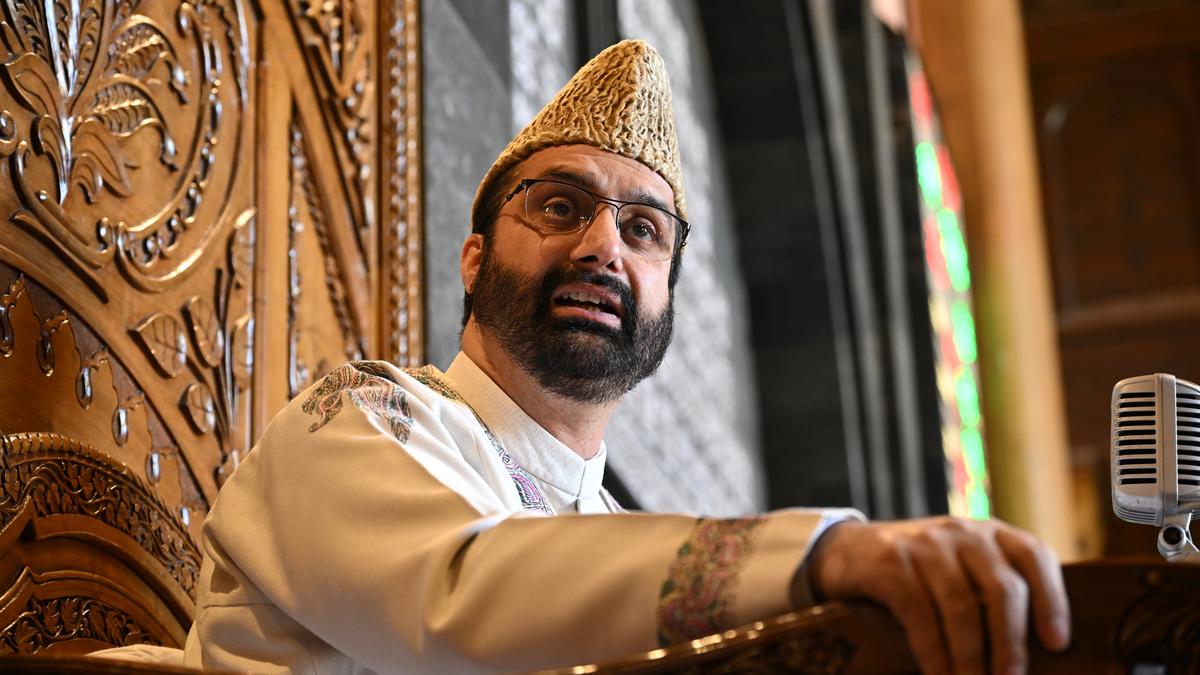Constitutional, religious concerns remain unaddressed in Supreme Court’s interim order: Mirwaiz Umar Farooq
By The Hindu Bureau
Copyright thehindu

Mirwaiz Umar Farooq, Kashmir’s chief cleric who heads Muttahida Majlis-e-Ulema (MMU), a conglomerate of religious organisations in Jammu and Kashmir, on Tuesday (September 16, 2025) said “wider constitutional and religious concerns” remain unaddressed in the interim order of the Supreme Court on the Waqf (Amendment) Act, 2025.
“While certain provisions have been stayed, the wider constitutional and religious concerns raised by this Act remain unaddressed, leaving the community anxious and dissatisfied,” the Mirwaiz said, in a statement.
The MMU head reiterated that any attempt to dilute Muslim control over these sacred endowments or to erode their historic protection was “unacceptable to the community” and “was against the principles enshrined in the Constitution”, which grants every religious denomination the right to manage its own religious affairs.
“The Supreme Court has provided an interim partial order, which is a good indication. However, many provisions of the Act remain a cause of grave concern,” the Mirwaiz said.
He pointed out that the abolition of the long-recognised principle of “Waqf by user” threatens centuries-old mosques, shrines, graveyards, and community institutions that have functioned as waqf based on continuous use, even without deeds.
“The mandatory requirement of a Waqf deed disregards historical realities where documents were lost or never existed, and risks stripping these properties of their sacred status. The transfer of survey powers from independent commissioners to district collectors compromises neutrality and gives the State excessive control over religious trusts,” the Mirwaiz said.
The MMU maintained that the amendment “was a deliberate move to weaken and seize Waqf properties rather than to protect them”.
“Encroachers may be legitimized, while genuine community institutions will suffer. Such measures are discriminatory, for no other religious community is subjected to similar interference in its internal religious management,” the MMU said.
The MMU demanded that the Supreme Court urgently take up the matter for a final hearing and safeguard the constitutional and religious rights of Muslims.
“The Act in its present form is concerning and the original protections of the Waqf Act should be restored. The Government must desist from undermining the sanctity of Waqf and instead work to preserve, protect and develop these endowments for the social and religious welfare of future generations,” it added.



